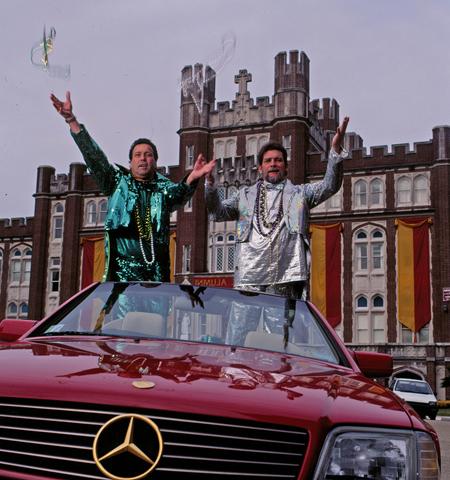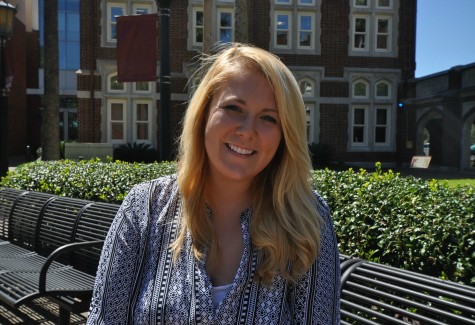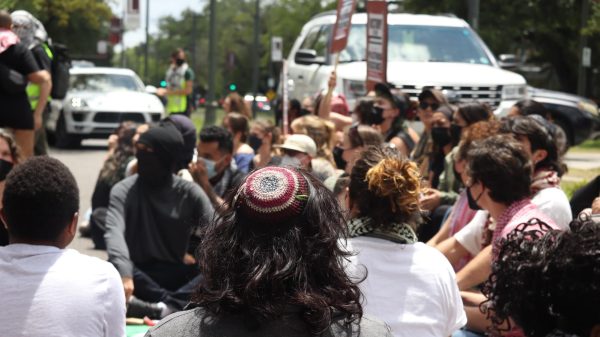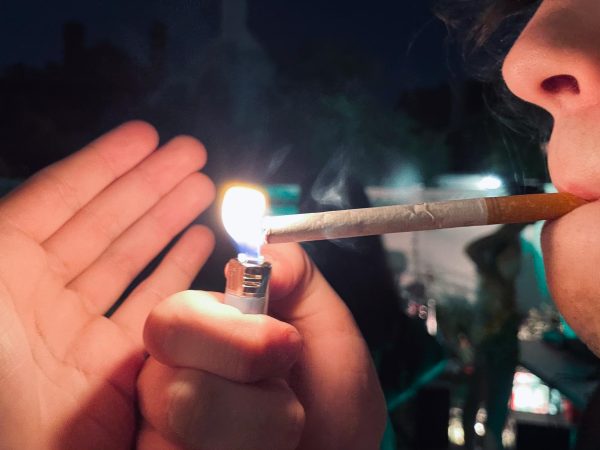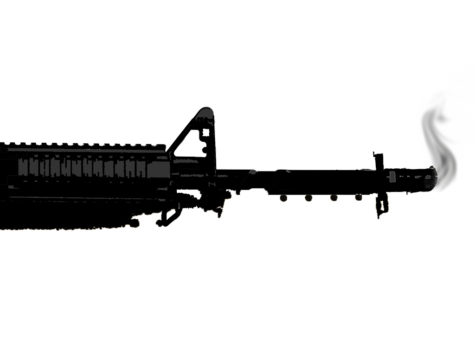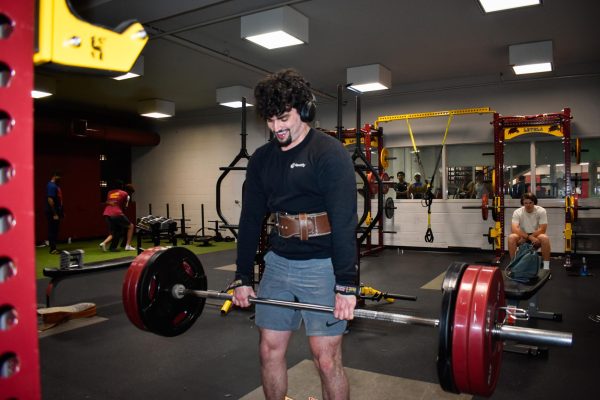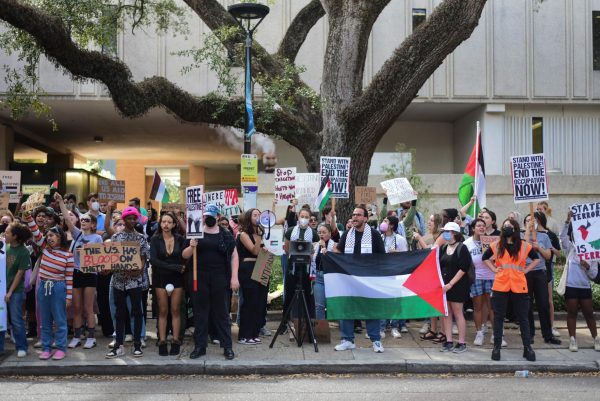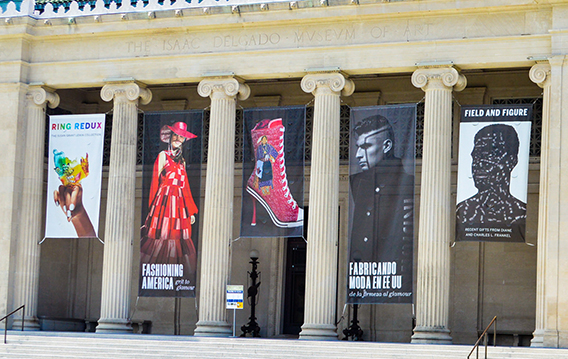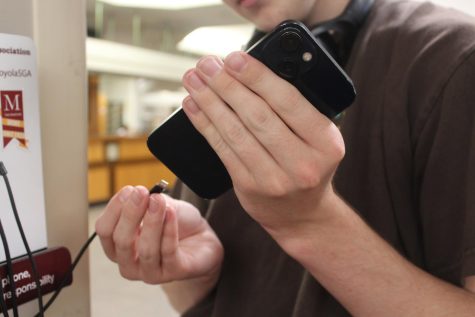Mardi Gras krewe has Loyola roots
February 12, 2014
There is a little piece of Mardi Gras history right here on Loyola’s campus, and it all started with a few thrill-seeking Phi Kappa Theta fraternity men.
Lloyd Frischhertz, A’70, co-founder of the Krewe of Tucks, reminisces on his days as an undergraduate at Loyola. During the ’60s and early ’70s, Frischhertz and Robert Reichert, A’ 70, both members of Loyola’s chapter of Phi Kappa Theta fraternity, spent a lot of time at the pub, Friar Tucks.
“Tucks was like our study hall,” Frischhertz said.
During their time at Loyola, the undergraduate men were desperately trying to avoid the Vietnam draft; they kept their minds’ clear of war by focusing on the fun times.
Frischhertz recalls fond Loyola memories like “TGIF on Fridays, when they would bring a big Budweiser truck into the quad. The Wolf Pub on campus was also a favorite.”
Frischhertz, a self-proclaimed “party animal,” was also a Mardi Gras enthusiast. The men of the fraternity had a strong desire to become Flambeau marchers, who carried torches and collected change during the parades.
“At the time, you could get a beer for around 10 cents, so nickels, quarters and dimes were a hot commodity,” Frischhertz said.
When their dreams of becoming Flambeau marchers were shot down, Frischhertz and Reichert decided to dream even bigger.
With help from the mayor at the time, Moon Landrieu, and some other helpful government connections, Frischhertz and Reichert led the fraternity to create the Krewe of Tucks- named after the pub. The men decorated any boats and trucks they could pull together to parade the streets around Loyola’s campus. They would truck and “boat” down Broadway Street, Palmer Avenue, Calhoun and Freret Streets, always ending up at Friar Tucks.
Now, one can only imagine the raucous that a band of parading fraternity brothers in boats and trucks produced.
“The city actually tried to pull our permit. But what they learned was, they couldn’t get rid of us,” Frischhertz said.
After adhering to the city’s parade guidelines, building “real” floats and becoming a day time parade, the krewe was told to clean up it’s act.
“To do this, we had to start charging dues for membership. This weeded out most of the college fraternity guys, which calmed our parade down,” Frischhertz said. “But, we still pushed the limit. We didn’t cross it, just pushed it.”
In 1971, the lively krewe even had their Tucks Ball in Loyola’s Danna Center. Frischhertz recalls about 1,500 people celebrating to the live tunes of Vince Vance and The Valiants.
Around this time, the young Frischhertz made his girlfriend queen of Tucks. In the year 2000, the same woman rode atop the queen’s float, as his wife. This is the only time Frischhertz has rode on a float, as he prefers marching behind the title float with the band.
Although Phi Kappa Theta is no longer a fraternity on campus and Friar Tucks has been shut down, Frischhertz and Reichert still parade proudly down St. Charles Avenue each Mardi Gras season, representing Loyola and the unforgettable times the university gave to them.
Melanie Potter can be reached at [email protected].


